
Universal Pumping | High Pressure Pumps
High Pressure Pumps for Difficult to Pump Slurry, Sludge, and Food Waste.
In the realm of modern waste management solutions, the significance of waste pump systems cannot be overstated. According to a recent report by the Environmental Protection Agency, the U.S. generates approximately 292.4 million tons of municipal solid waste annually, highlighting the critical need for efficient waste management technologies. Waste pump systems play a crucial role in the safe and effective transport of wastewater and other by-products, ensuring that waste is handled in a manner that minimizes environmental impact.
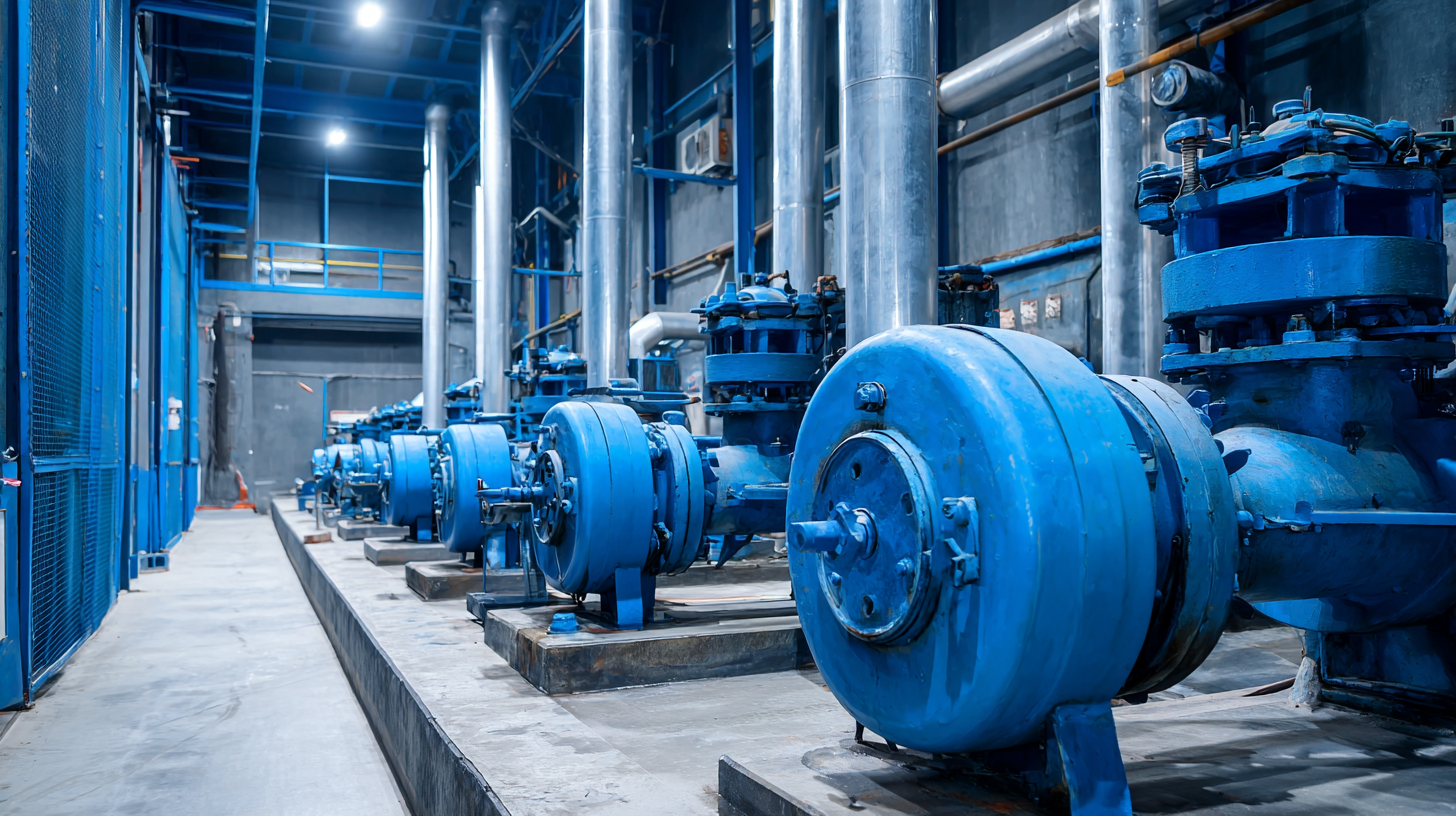
Furthermore, a study by MarketsandMarkets indicates that the global waste management market is projected to reach $530 billion by 2025, driven by advancements in pump technology and automation. The integration of waste pump solutions not only enhances operational efficiency but also promotes sustainability by reducing the carbon footprint associated with waste disposal.
As modern society continues to grapple with escalating waste generation challenges, understanding the importance of waste pump systems becomes paramount in developing effective waste management strategies.
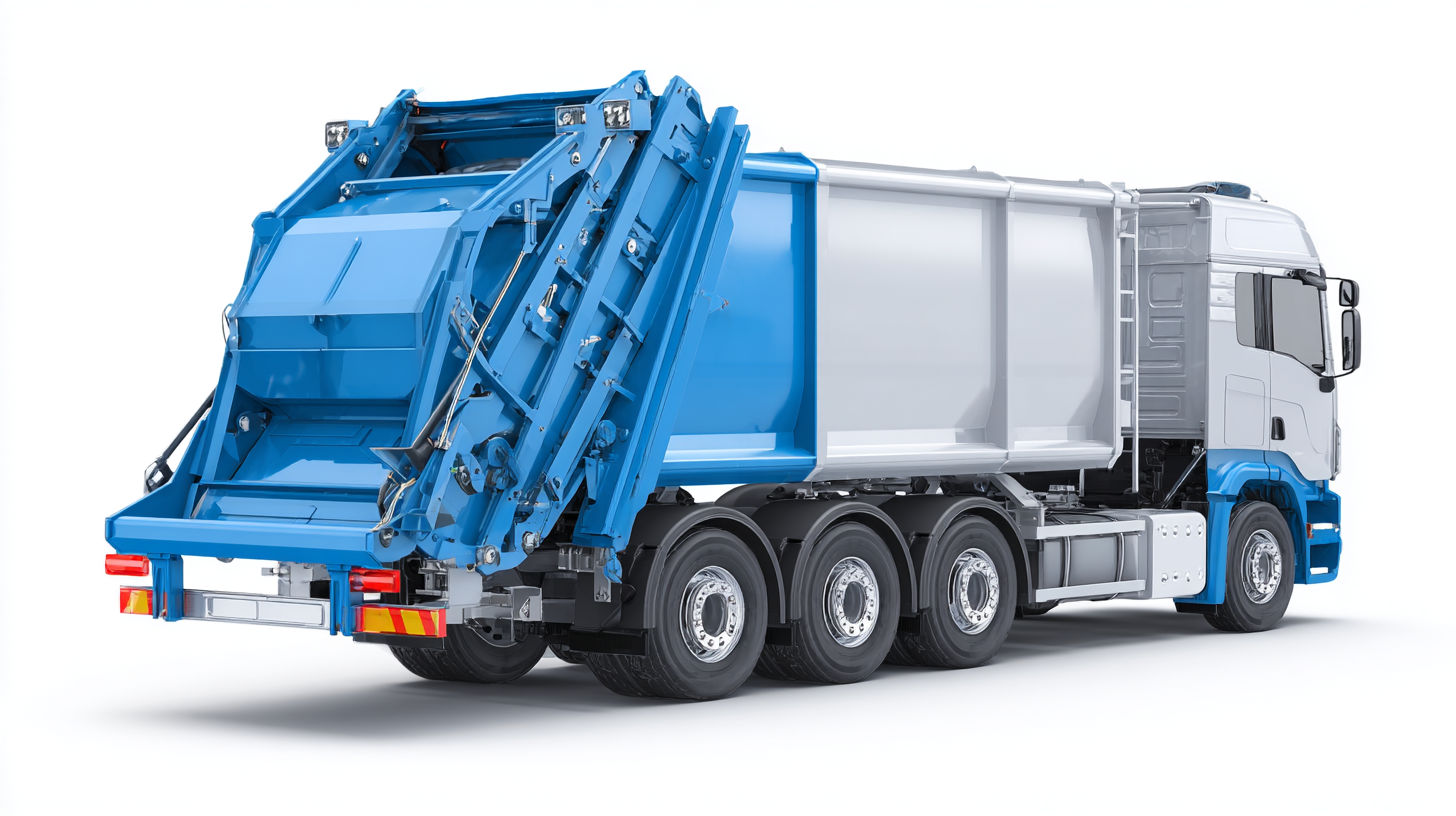 Waste pump systems play a crucial role in the effective management of waste, particularly in the treatment of wastewater from various sources. These systems are essential for transporting and processing waste that contains hazardous materials like nitrogen and phosphorus, often originating from human activities and food production. Recent evaluations indicate that wastewater treatment facilities that utilize advanced pump systems can significantly reduce operational costs and enhance efficiency. By incorporating modern technologies, these systems help mitigate the impact of nutrient-rich waste, allowing for better resource recovery and sustainable agricultural practices within a circular economy framework.
Waste pump systems play a crucial role in the effective management of waste, particularly in the treatment of wastewater from various sources. These systems are essential for transporting and processing waste that contains hazardous materials like nitrogen and phosphorus, often originating from human activities and food production. Recent evaluations indicate that wastewater treatment facilities that utilize advanced pump systems can significantly reduce operational costs and enhance efficiency. By incorporating modern technologies, these systems help mitigate the impact of nutrient-rich waste, allowing for better resource recovery and sustainable agricultural practices within a circular economy framework.
Moreover, the integration of waste pump systems within comprehensive waste management solutions aligns with the overarching principle of the Circular Economy (CE), which emphasizes maximizing resource efficiency and reducing environmental footprints. Innovations in waste-to-energy processes, for example, are increasingly focused on capturing carbon emissions and converting waste into valuable energy sources. Studies have shown that employing sophisticated wastewater recovery methods not only enhances the efficiency of treatment systems but also supports sustainable energy solutions, ultimately contributing to a greener future. By prioritizing effective waste pump systems, stakeholders in waste management can leverage these advancements to facilitate recycling and reusing processes that enhance overall system sustainability.
Waste pump systems play a crucial role in modern waste management solutions, particularly in the effective handling and disposal of various types of waste, including hazardous and radioactive materials. Their implementation in facilities not only enhances safety but also streamlines the waste processing workflow. By efficiently transporting waste to treatment or storage facilities, these systems minimize the risk of leaks and spills, thereby protecting both the environment and human health.
One of the key benefits of waste pump systems is their ability to ensure proper containment of toxic substances. In the case of radioactive waste, for example, it is essential that such materials are stored in a manner that prevents radiation exposure and pollution. Waste pump systems facilitate this by enabling controlled transfer of waste, reducing human interaction with hazardous materials. Furthermore, they contribute to compliance with stringent regulations governing waste disposal, ultimately supporting facilities in achieving sustainable waste management practices.
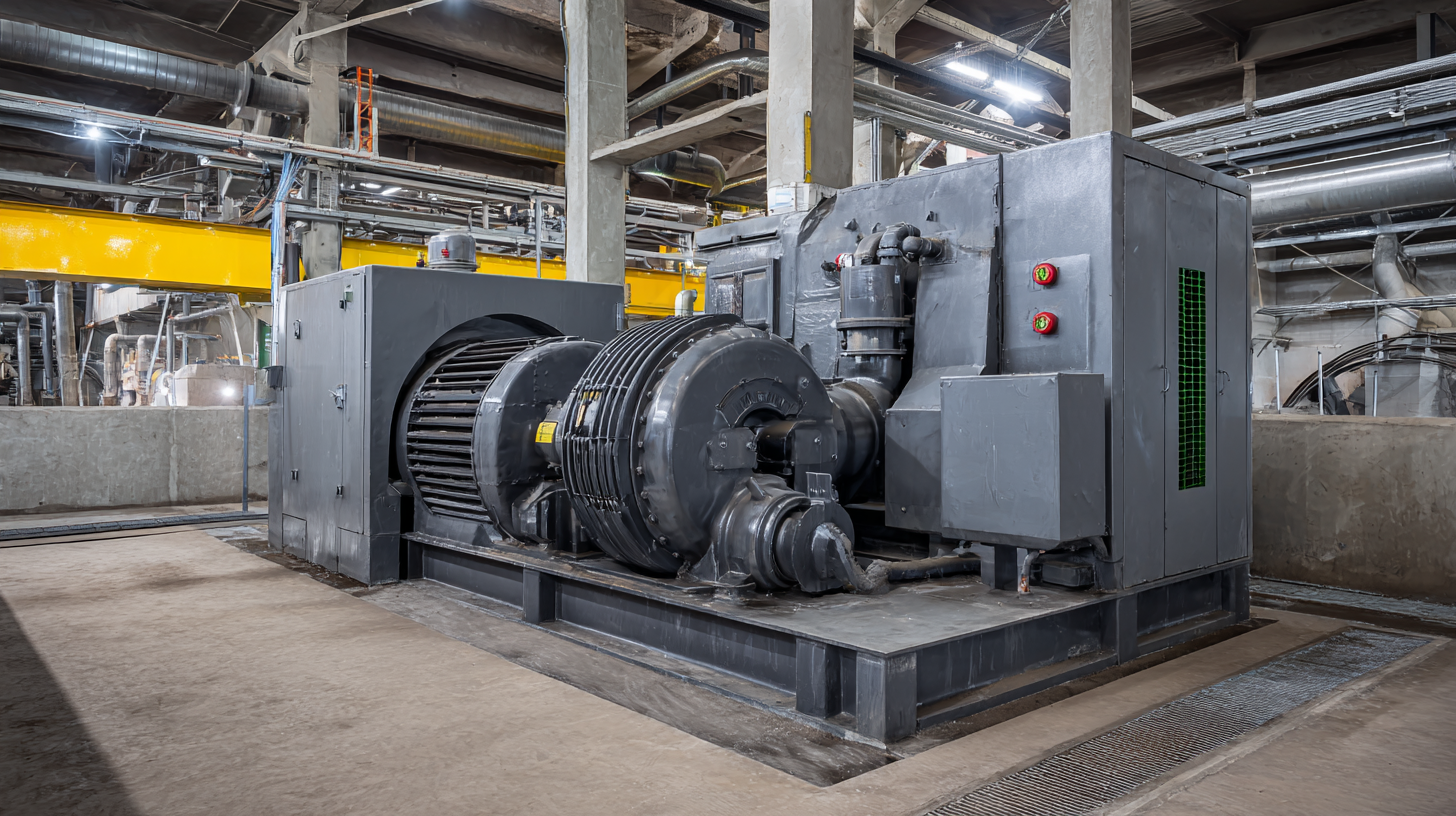
Waste pump systems play a critical role in advancing environmental sustainability within modern waste management solutions. By effectively transferring wastewater and other refuse to treatment facilities, these systems minimize the risks associated with overflow and pollution. Efficient waste pump technology not only facilitates the timely removal of waste but also reduces the carbon footprint associated with waste transportation. This streamlined process ensures that waste is managed more effectively, contributing to a cleaner and healthier environment.
In addition to enhancing operational efficiency, waste pump systems support sustainability initiatives by enabling the recovery of valuable resources from waste. Advanced systems can be designed to extract materials for recycling or recovery, thus redirecting waste from landfills and decreasing the demand for virgin materials. This resource recovery process aligns with circular economy principles, ultimately promoting a more sustainable approach to waste management. As urbanization and population growth continue to challenge waste management systems globally, investing in innovative waste pump solutions is vital for fostering environmental stewardship and ensuring a sustainable future.
| Parameter | Description | Impact on Sustainability |
|---|---|---|
| Flow Rate | The volume of waste fluid the system can transport per time unit. | Higher flow rates reduce the energy consumption needed for transporting waste. |
| Energy Efficiency | The amount of energy consumed per volume of waste processed. | Improved efficiency leads to lower carbon emissions. |
| Durability | The lifespan and maintenance requirements of pump systems. | Long-lasting systems reduce waste from replacements and repairs. |
| Type of Waste Handled | The variety of waste types the system can manage efficiently. | Versatile systems promote recycling and proper disposal methods. |
| Compliance with Regulations | Adherence to local and international waste management standards. | Ensures all waste is managed in an environmentally friendly manner. |
The evolution of waste management has brought about significant changes in traditional disposal methods, paving the way for advanced technologies such as waste pump systems. Traditional waste disposal often relies on landfill and incineration, which not only contribute to environmental degradation but also pose challenges in terms of space and pollution. According to a 2021 report by the Environmental Protection Agency, nearly 50% of municipal solid waste is still sent to landfills, highlighting the urgent need for more sustainable solutions.
In contrast, waste pump systems offer a more efficient and environmentally friendly alternative. These systems minimize the volume of waste by transporting it directly from the source to treatment facilities, reducing the need for landfill space. A study conducted by the Waste Management Research Institute indicated that employing waste pump systems can decrease overall waste transportation costs by up to 30%, while simultaneously lowering greenhouse gas emissions associated with traditional waste disposal methods. Moreover, pump systems can handle various waste types, including hazardous materials, which enhances safety and compliance with regulatory standards.
By adopting these modern solutions, communities can not only improve their waste management practices but also contribute to a cleaner and more sustainable environment. As the demand for effective waste management continues to grow, it is crucial to recognize the advantages that waste pump systems bring over conventional disposal methods.
This chart illustrates the efficiency of traditional waste disposal methods compared to modern waste pump systems, highlighting a significant decrease in operational hours required per week with the implementation of pump systems.
Advancements in waste pump technology are set to revolutionize waste management solutions, enhancing efficiency and sustainability. As urban areas expand, waste pump systems are integrating smart technologies, such as IoT sensors, to monitor waste levels in real-time. This not only streamlines the collection processes but also optimizes route planning for waste disposal trucks, significantly reducing fuel consumption and carbon emissions. Moreover, innovations like energy-efficient pumps and automated systems help lower operational costs while maximizing the longevity of equipment.
Tip: Consider investing in waste pump systems that offer remote monitoring features. This can help your organization stay ahead of challenges and make informed decisions about maintenance and upgrades.
The future of waste management is also leaning towards more environmentally friendly materials in pump manufacturing. Biodegradable components and recyclable parts are becoming more common, ensuring that the waste management industry minimizes its ecological footprint. As the focus shifts towards circular economy principles, integrating these innovations proves not only beneficial for the environment but also for compliance with increasingly strict regulations.
Tip: Keep an eye on emerging technologies in waste pump systems and explore partnerships with innovative companies to keep your operations modern and cost-effective.
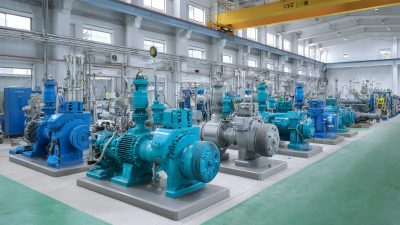

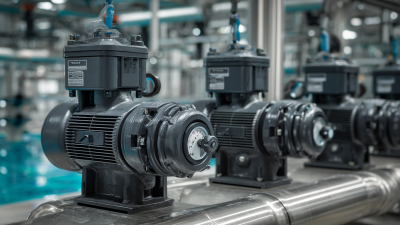
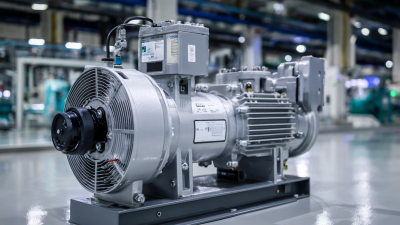


Universal Pumping
625 Apache Trail
Woodstock, GA 30189
Mon - Fri | 9:00 AM - 5:00 PM
Universal Pumping is staffed with industry professionals with 20-45 years experience with high pressure pumping systems. We represent only the “elite producers” in pump manufacturing: Britain’s EMS and Germany’s EMMERICH. Our engineering and manufacturing approach is conservative, and we do not use “guess work” in the design or sales of our pumping and filtration equipment.



